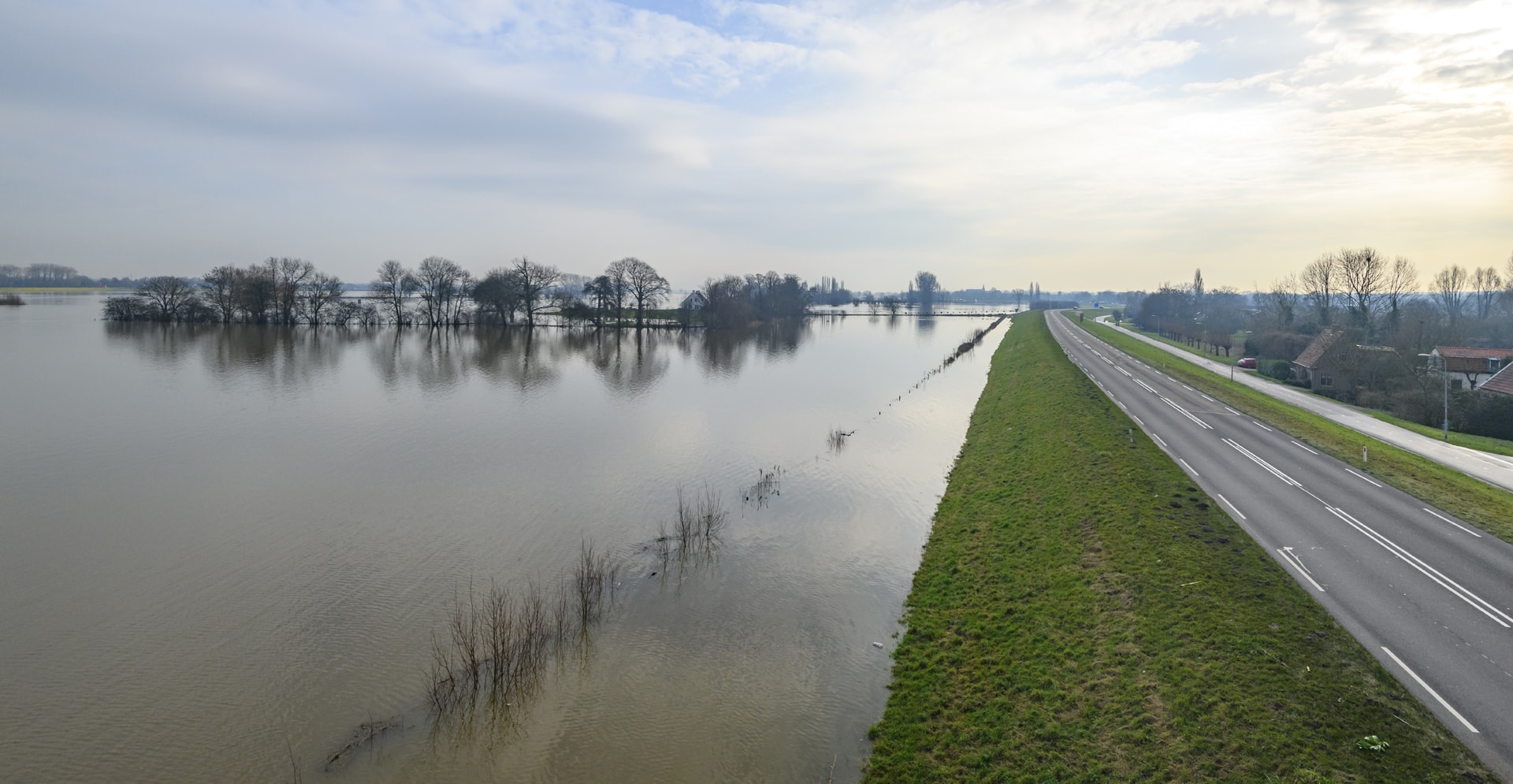As our cities grow and expand, more individuals are exposed to the cataclysmic effects of climate change. Extreme heatwaves, storms, and precipitation are increasingly common, and those most vulnerable are facing the brunt of the impacts. In an era defined by pressing climate challenges, adaptation has become the lifeline that urban environments urgently require.
Adaptation can be defined as the proactive approach of modifying urban environments, buildings, and infrastructures to prepare for, and overcome, the challenges posed by climate change and environmental shocks. As extreme weather events become more frequent, it has become imperative to adapt our cities and communities to withstand and recover from these challenges effectively.
Nonetheless, the path to achieving resilience is fraught with great risks and pitfalls. This thought piece will show how a number of adaptation strategies have failed, and some have even worsened outcomes for marginalized communities. In order to prevent any wastage of valuable resources and ensure an equitable distribution of benefits, organizations must plan with care and caution before making any investments.
We also highlight the importance of taking a more holistic and inclusive approach to adaptation. We explore the value of unconventional cross-sector partnerships and discuss how technology – particularly AI, machine learning, and data-driven insights – can serve as an ally in our pursuit of sustainable growth. In doing so, we hope to inspire others to commit to building a more resilient future and leave a lasting legacy of positive change for generations to come.

Talk to an expert
Contact us to learn more about the report, or see how we can help you avoid, mitigate, or resolve disputes at any phase of your project.







